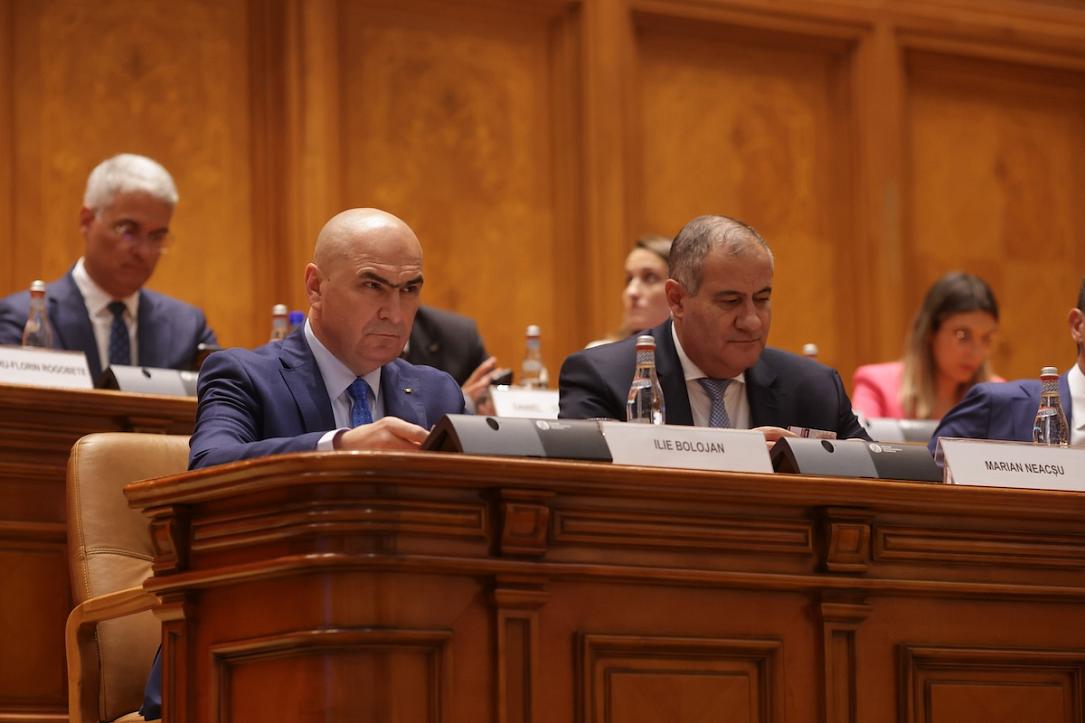Slovak President Peter Pellegrini has turned down a new gambling bill recently passed by Parliament and sent it back for more work. The bill was meant to open Slovakia’s online gambling market and update the country’s gambling rules. But the President said he could not approve it because he is worried about people’s safety and the social problems it might cause.
Concerns About Consumer Protection
The President’s office said he rejected the bill because it did not do enough to protect people from gambling addiction and other online betting risks. Pellegrini explained that while the bill tried to update gambling laws, it lacked strong rules to stop harm, especially for young people and those at risk. He also said some parts of the bill were added too quickly without enough debate in Parliament.
People in Slovakia have mixed opinions about the plan. Supporters think opening the gambling market would bring more tax money and help the government control the industry better. But critics worry it could cause more addiction, debt, and family issues.
What the Law Was Supposed to Do
If passed, the gambling bill would have allowed both Slovak and international companies to apply for licences to offer online betting and casino games. It also proposed new rules for how taxes from gambling would be collected and how the country’s gambling regulator, the Office for the Regulation of Gambling, would monitor the industry.
Lawmakers behind the proposal said the goal was to make Slovakia’s gambling laws more up to date and similar to those in other European countries. They argued that clear regulations and licensing could help reduce illegal gambling websites and make the system fairer for everyone. The law was expected to take effect in 2026 if it received final approval.
What Happens Next
Now that President Pellegrini has rejected the bill, Parliament must decide whether to change it or vote again to override his decision. To do that, lawmakers need a majority vote. If they don’t override it, the bill will go back for more review and corrections.
Experts say Slovakia’s case is similar to what is happening in other Central European countries that are trying to balance business growth with public safety. For example, the Czech Republic and Poland have also updated their gambling laws to open their markets but still keep strong safety rules.
President Pellegrini’s move shows the ongoing struggle between making money from gambling and protecting people from its risks. Some believe the bill could help Slovakia modernise its laws, while others think it could cause more harm if stronger protections are not added. Parliament’s next step will decide the future of gambling in the country.

 Companies
Companies 





